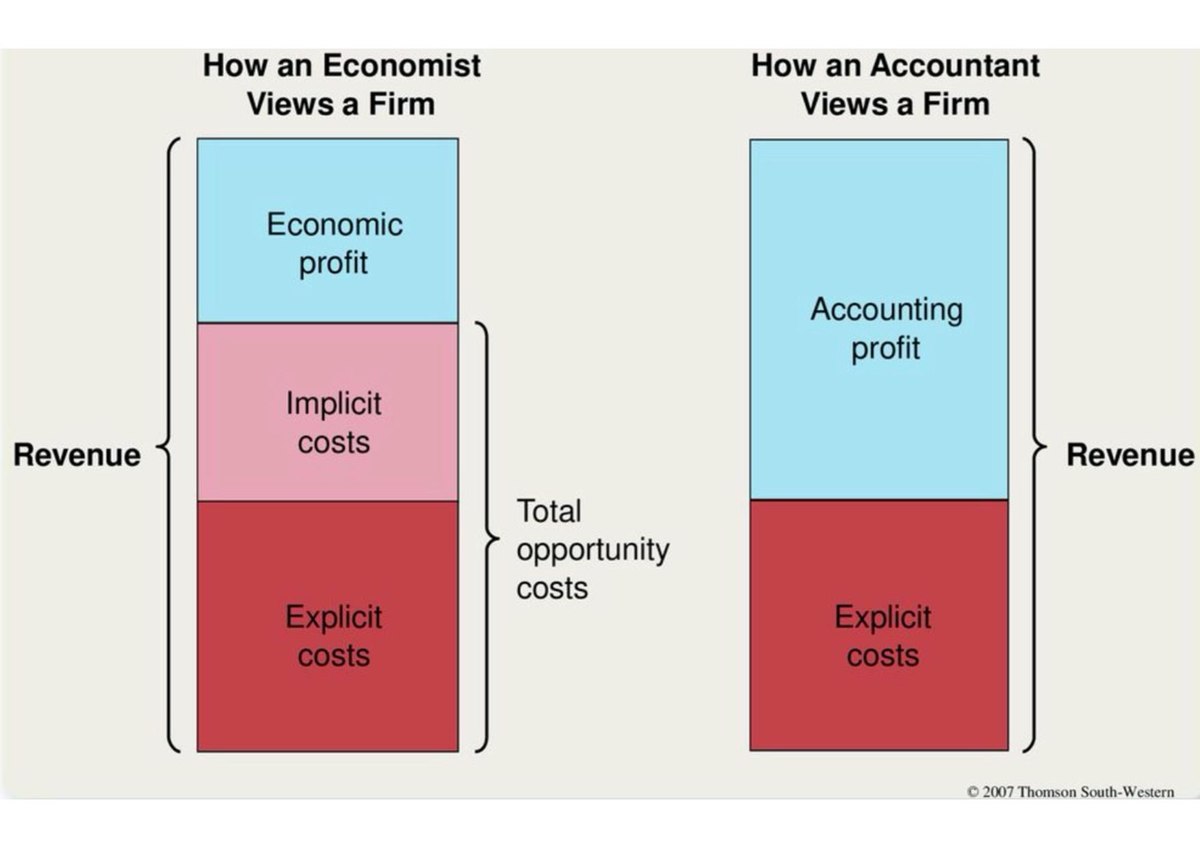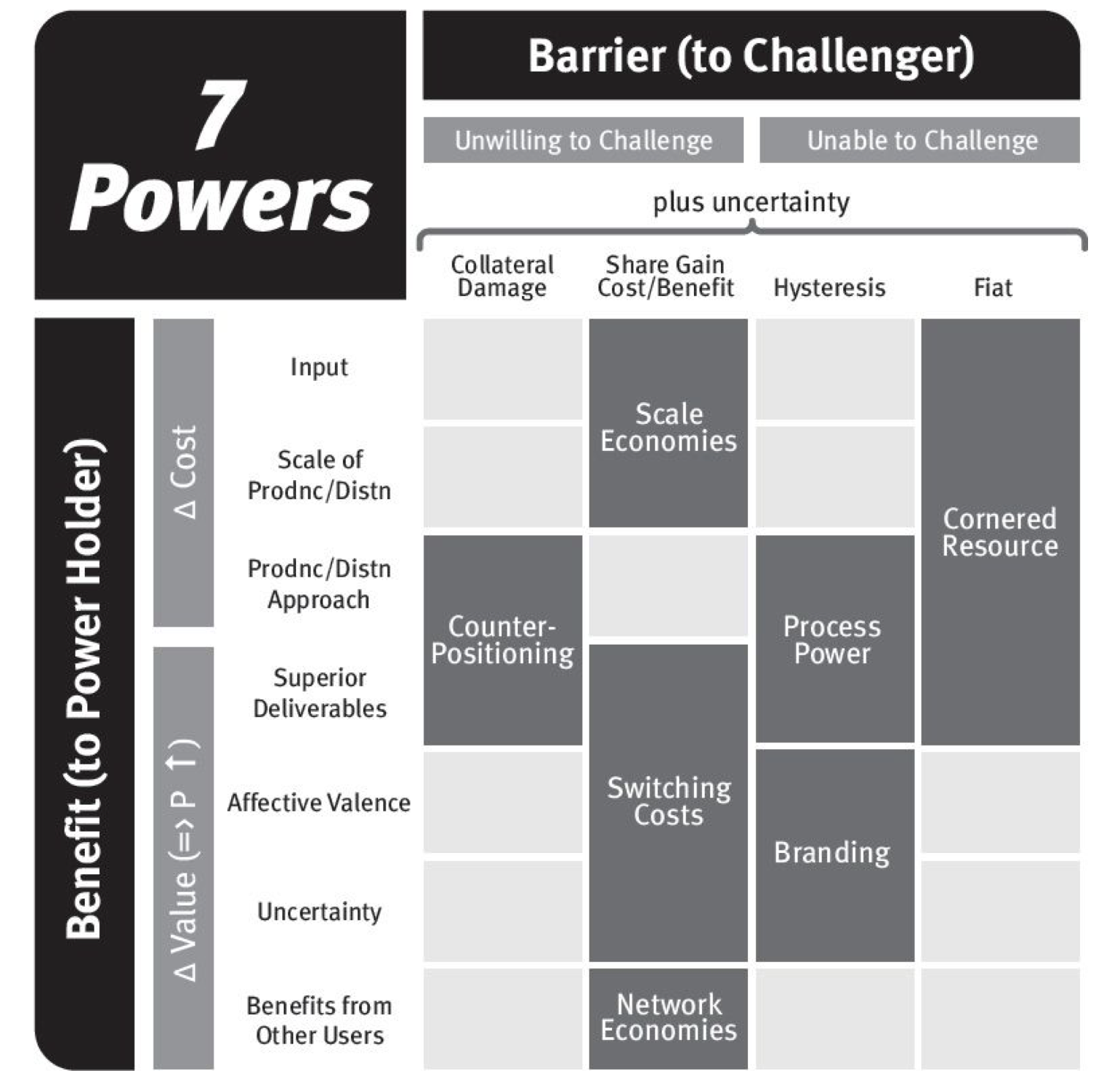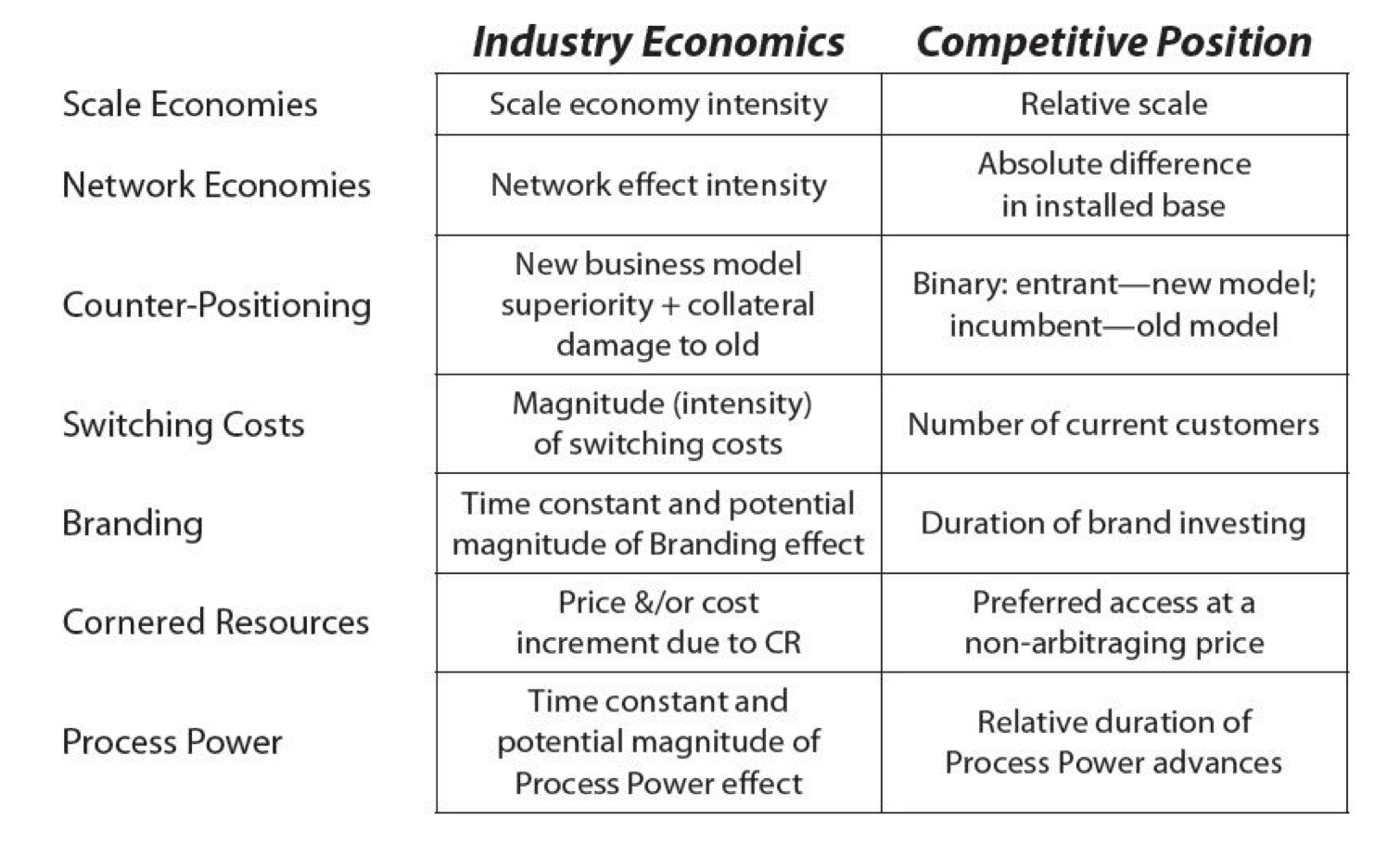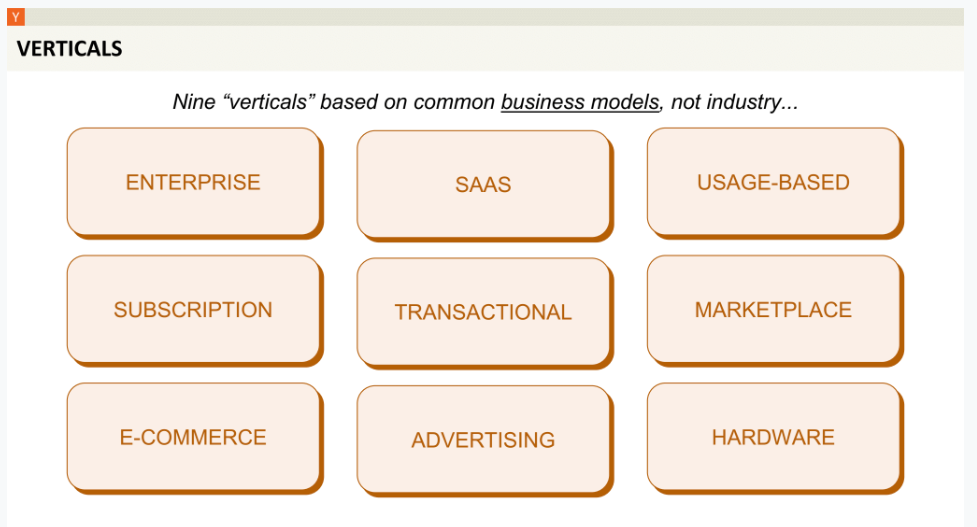ygolo
My termites win
- Joined
- Aug 6, 2007
- Messages
- 5,998
This is somewhat in-line with this other thread on the forum:
 www.typologycentral.com
www.typologycentral.com
But like with the thread on housing prices, my aim is to collectively imagine something better.
How do we conceive of good economic actors that establish economic power without seeking economic rents?
Some early-stage start-up come to mind. Even currently derided FAANG+ companies seem like they were at one time good economic actors. But let's start discussing what that looks like.
There are two concepts that I am trying to create into a synthesis.
"Entrepreneur" or "Profiteer"?
I came across this teenager that's made a lot of money peddling goods that became hard to get because of the pandemic: A 16-year-old entrepreneur reportedly brought in $1.7 million reselling video games, outdoor heaters, and above-ground swimming pools at sky-high prices during the pandemic...
But like with the thread on housing prices, my aim is to collectively imagine something better.
How do we conceive of good economic actors that establish economic power without seeking economic rents?
Some early-stage start-up come to mind. Even currently derided FAANG+ companies seem like they were at one time good economic actors. But let's start discussing what that looks like.
There are two concepts that I am trying to create into a synthesis.
- One is that of Economic Rent-Seeking...and of course with the aim of avoiding that behavior.
Rent-seeking - Wikipedia
en.wikipedia.org
Rent-seeking is the effort to increase one's share of existing wealth without creating new wealth.
The UN has complained that the rentiers are here:
The rentiers are here
In the past few decades, the world's largest corporations have increasingly been extracting profits from the economy instead of generating them through innovation. Reversing this trend is essential for future growth and social cohesion; but it won't be easy.unctad.org
This is a thorny concept, because on the surface, we don't like people just claiming ownership of something and demanding payment--like a gangster who demands "protection" money from businesses on their turf. Similarly the profiteer in the other thread who bought scarce goods and charged double prices during the pandemic is frowned upon.
I have myself as a college student scalped Sugar Bowl Tickets when I couldn't go, and in order to get into buying a home during the previous housing bubble, rented out an unused room when it was going to waste. The scalping may have been questionable, but I don't believe taking a boarder should be considered with such derision. The boarder and I both got access to amenities both of us would have had a hard time affording (him a lot more than me).
Things get especially murky when we try to figure out what economic rents are.
Economic rent - Wikipedia
en.wikipedia.org
In economics, economic rent is any payment (in the context of a market transaction) to an owner of a factor of production in excess of the costs needed to bring that factor into production.
Many distinctions need to be made, otherwise I'd be inviting communists and Marxists to have a field-day by just erroneously equating a lot of differing concepts.When economic rent is privatized, the recipient of economic rent is referred to as a rentier.
In the moral economy of the economics tradition broadly, economic rent is opposed to producer surplus, or normal profit, both of which are theorized to involve productive human action. Economic rent is also independent of opportunity cost, unlike economic profit, where opportunity cost is an essential component. Economic rent is viewed as unearned revenue [1] while economic profit is a narrower term describing surplus income earned by choosing between risk-adjusted alternatives.
Economic surplus - Wikipedia
en.wikipedia.org
One major clarification needed here (and I believe it is a source of confusion that erroneously leads people towards communist/Marxist thinking) is that costs here include implicit costs (opportunity costs) for a particular factor of production.
Profit (economics) - Wikipedia
en.wikipedia.org
In economics, an implicit cost, also called an imputed cost, implied cost, or notional cost, is the opportunity cost equal to what a firm must give up in order to use a factor of production for which it already owns and thus does not pay rent. - The other is Economic Power (Specifically as conceived of in 7 Powers) with the aim of participating in behavior that creates economic power.
There is a decent summary here:

Book Notes: 7 Powers
Review: 7 Powers is a business strategy book about accumulating advantage. kaler.io
Power is defined as the set of conditions creating the potential for persistent differential returns.
kaler.io
Power is defined as the set of conditions creating the potential for persistent differential returns.















